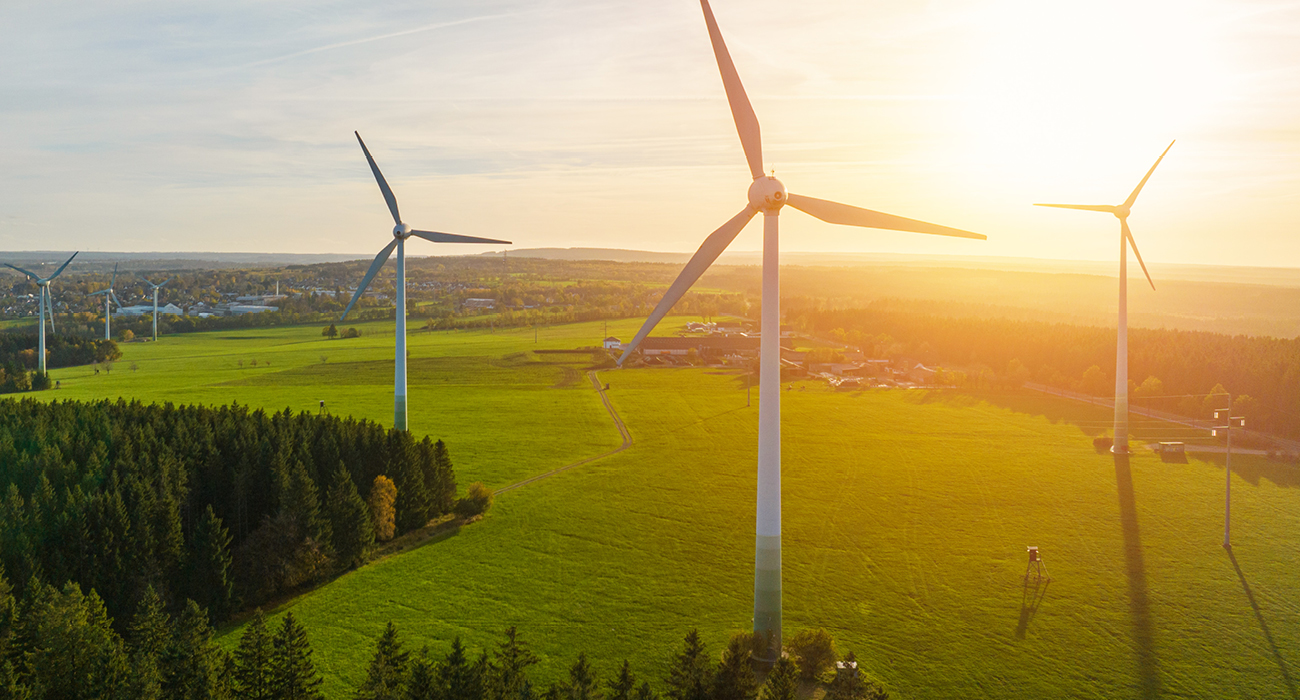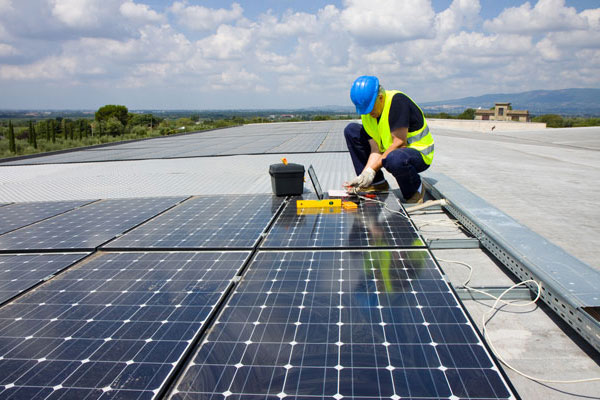These days, energy and sustainability are becoming ever closer as part of a mutually inclusive relationship.
But there are some important issues to consider if you want to achieve the best sustainability outcome, which we explore below in our responses to some of the most common questions we receive from businesses.
Should energy use be included within a business’s sustainability objectives?
In most organisations, the relationship between energy and sustainability has historically not been aligned. But as an essential commodity for every business, the focus in the current climate is very much on finding ways to ensure energy is more sustainable – not just in terms of generation and supply, but from a cost perspective too. So energy use should indeed form an integral part of any business sustainability programme.
How common is it for energy management and sustainability to be covered in one role?
Traditionally, business energy procurement and management in larger companies has been looked after by energy managers who may – or may not – have some responsibility for sustainability too.
Sustainability managers, on the other hand, often have a wider remit that encompasses all areas of a business’s impact on the environment – from the use of energy, water, materials and other commodities, to disposing of waste and managing pollution including emissions.
However, since wholesale energy prices have dramatically increased – and companies ramp up activity to meet the 2050 net zero target – the connection between energy management and sustainability is becoming inseparable. So while these functions are unlikely to be covered within a single role, there certainly needs to be plenty of co-collaboration.
What are the challenges to making energy more sustainable?
In the past, sourcing energy from ‘greener’ sources was considered a quick and simple way to become more sustainable. But with the growing electrification of heat and transport to reduce dependence on fossil fuel power sources, competition for renewable electricity is only set to intensify, with demand already outstripping supply.
What are the most common ‘sustainable energy’ options?
Companies often look first at sourcing wind or solar generation, as these are the sources the public most often associates with renewable power. But this increases demand for technologies which are already over-subscribed. Other options to consider include sourcing energy generated from biofuels and waste sources.
What business renewable energy products do you offer?
At npower Business Solutions (nBS), we offer a range of business renewable energy contracts to suit your business needs. Our central offering is the UK Business Renewable matches supply from a choice of either ‘deep green’ renewable technologies or a mix of renewable sources. For large consumers, there is also the option to select power from a known source of wind, hydro or solar generation with UK Renewable Pure and UK Renewable Pure Plus.
How genuinely ‘green’ is Business Renewable?
Each of our Business Renewable products is fully compliant with the Greenhouse Gas (GHG) Protocol Scope 2 guidance issued by the World Resource Institute, and are independently audited by EcoAct. This means businesses can be 100% confident in reporting zero carbon emissions for their power use.
Other than buying renewable, what other sustainable energy options are there?
As an alternative – or in addition – to buying renewable power, many businesses also look to install renewable generation on-site, where space and conditions permit.
There is also the option to source renewable power direct from a third-party generator via our Corporate Power Purchase Agreement (CPPA) service. This facilitates a one-to-one partnership with a generator, providing a fully traceable and dependable source for carbon-free power, as well as long-term price certainty (minimum contract term is 7 years).
What else is important to make energy use as sustainable as possible?
While ‘big ticket’ renewable energy projects provide positive sustainability headlines, just as important is the implementation of energy conservation measures, as these can dramatically reduce what you need to buy or generate.
Sadly, the value of energy efficiency is often over-looked. And historically, it’s rarely appeared on a sustainability role’s job description. But finding ways to reduce consumption not only saves on expensive energy costs, it also reduces the volume of power that needs to be generated. In our current constrained market, that can only be good news.
How effective can energy efficiency really be?
According to the International Energy Agency (IEA), fast-tracking energy efficiency could reduce global emissions so significantly that it would deliver one third of the reductions needed to achieve net zero by 2050.
How do I best cut my business’s energy use?
When it comes to minimising energy use, there is no size fits all. Every organisation is different, and the types of measures and interventions will vary according to the nature of your business, your sites, staff and the technologies or equipment you use. An energy audit is typically the best place to start.
To find out more, contact your Client Lead or Account Manager today if you’re an existing customer. Or get in touch here.

/npm214%20Digital_H_UB51.jpg)
.jpg)




/npm214%20Digital_H_UB29.jpg)


/Author%20Profile%20Middleton_Sarah_G.png)
